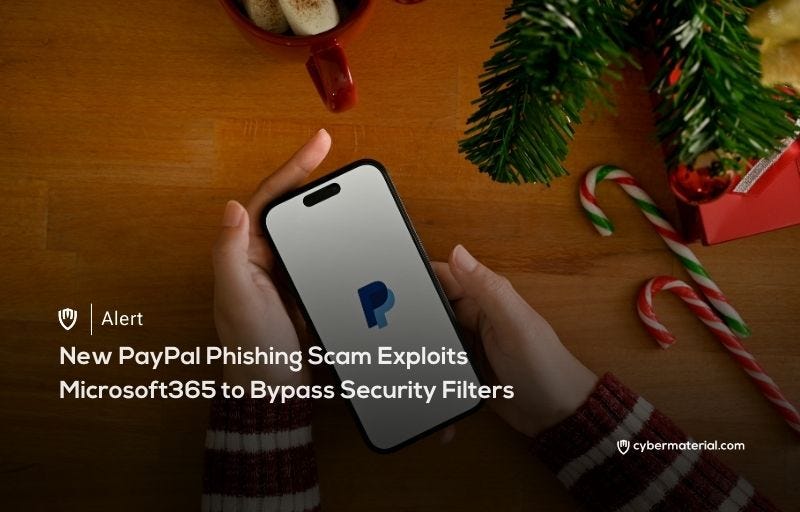
Fortinet’s FortiGuard Labs recently uncovered a new and sophisticated PayPal phishing scam that exploits a loophole in Microsoft365 tools. This attack uses legitimate-looking emails and genuine PayPa…

Fortinet’s FortiGuard Labs recently uncovered a new and sophisticated PayPal phishing scam that exploits a loophole in Microsoft365 tools. This attack uses legitimate-looking emails and genuine PayPa…